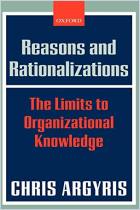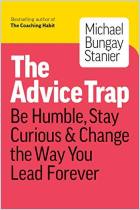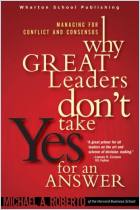
Recommendation
Chris Argyris says that management advice – the content of countless seminars by management consultants and human resource professionals – rests upon a discrepancy. The goal of a more democratic workplace with empowered, internally-driven workers contradicts the actual actions executives take to produce this result. Argyris contends that much leadership, decision making, corporate change and management advice lacks critical thinking. He urges executives to seek specific, testable, actionable advice. Role-playing and numerous examples show how advice givers may fail to understand the nature of the problems they’re addressing. This book is valuable in helping managers identify flawed advice and understand why so many management initiatives fail. However, the author’s own recommendations suffer from the same lack of testability. It just may not be possible to test for the effects of specific advice in complex situations. Still, this is an important book because it urges executives to think critically about the guidance they receive. getAbstract recommends this book to managers and to those who advise them.
Summary
About the Author
Chris Argyris is a professor at Harvard University's Graduate Schools of Business Administration and Education. He has written thirty-one books on organizations and the people in them. He has spent his professional lifetime studying organizations. His work includes designing new organizational structures and policies to help people become more integrated into their organizations, to reach their full potential, and to make the organizations more effective.





















Comment on this summary or Diskussion beginnen